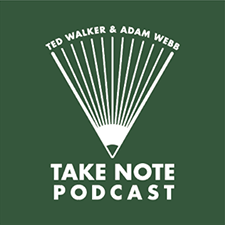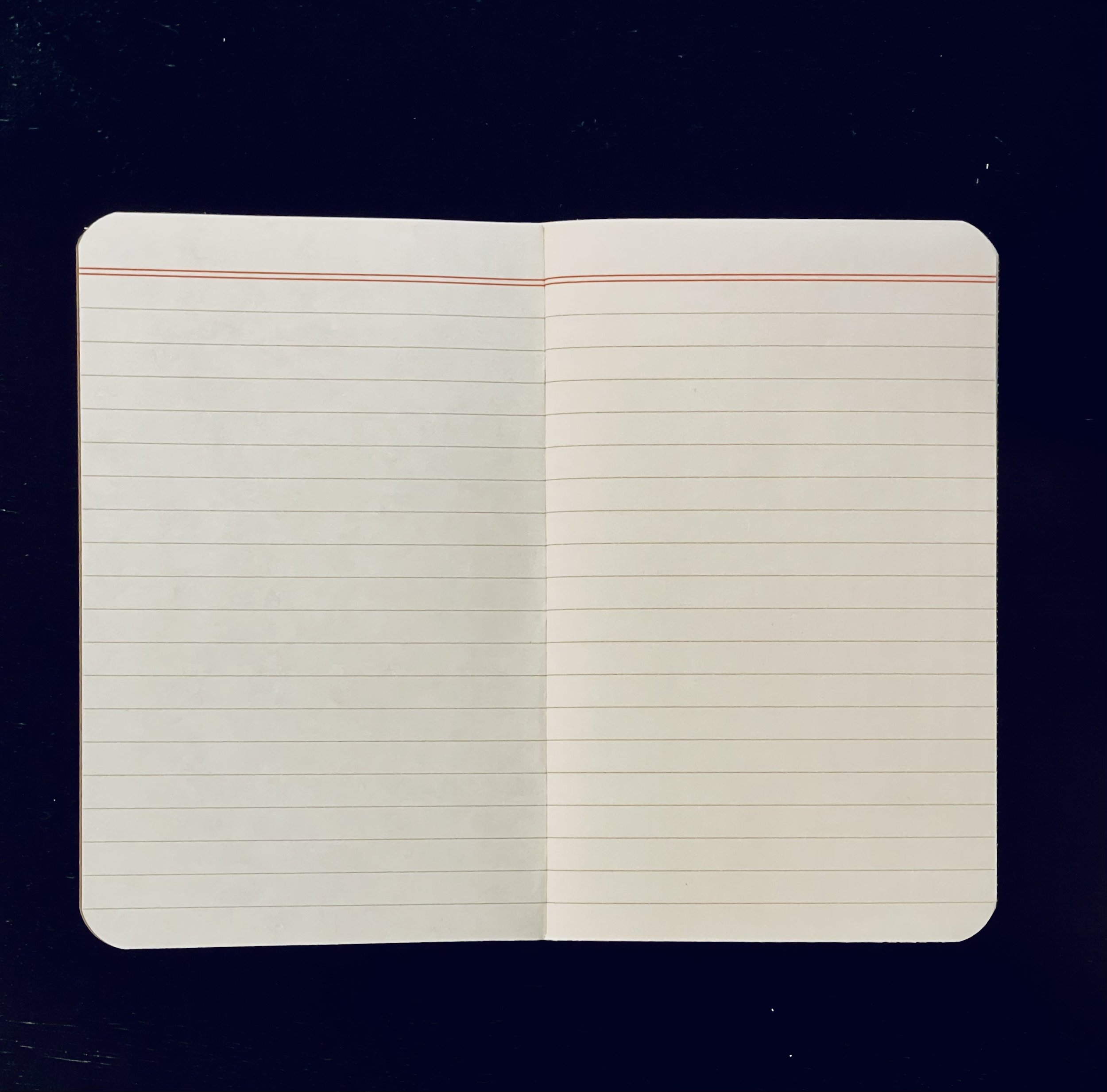Diaries Speaking from the Past: David Bowie, Maggie Mortimer, and The Wager
I didn’t realize until after I made the list below that there was a theme to the stationery topics I’ve been thinking about this week. Travel through time with us, won’t you? -Adam
I tell myself I will type up a notebook after I complete it and then toss it. I’ve decided it’s the most practical action with a finished notebook, but I never do it. Novelist Maggie Mortimer’s gripping article on reading the diaries her mother left behind makes the case against the “practical.”
I was surprised to learn in the documentary Moonage Daydream that David Bowie cut up his diaries to help write songs. “It seemed that it would predict things about the future or tell me a lot about the past.”
We’ve discussed logbooks before without actually knowing what we were talking about. In David Grann’s new book The Wager (recommended!), he describes Royal Navy gunner John Bulkeley’s 18th-century logbook: “Thick sheets of paper formatted in columns under which were noted, each day, the direction of the wind, the ship’s location or bearing, and any remarkable observations or accidents.”
Ted and I briefly discussed Georges Simenon on episode 181. I read Maigret’s Dead Man this month, and a quote on my copy compares him to Chekhov. Alice Munro gets called “our Chekhov” regularly. The Irish writer Claire Keegan’s books have a quote from David Mitchell at the very top: “As good as Chekhov.” (Hear a Keegan story and George Saunders discussing that quote. ) Do these comparisons stick with you? Who else gets compared to Chekhov and do they deserve it?
The New Yorker Summer Fiction issue has stories from Hiromi Kawakami, Jhumpa Lahiri, and Camille Bordas. Plus there’s an essay from Zadie Smith. We plan to discuss the stories on the show once again this year. You might be able to read the New Yorker on the Libby app through your library.
While Take Note is truly a labor of love, there are several ways you can support the effort: visit our Patreon page and consider a contribution and visit substack to subscribe to our newsletter. As a small enticement, we send a commonplace zine to all of our current Patreon supporters each year. No pressure! Thank you for reading and listening! - Ted and Adam





